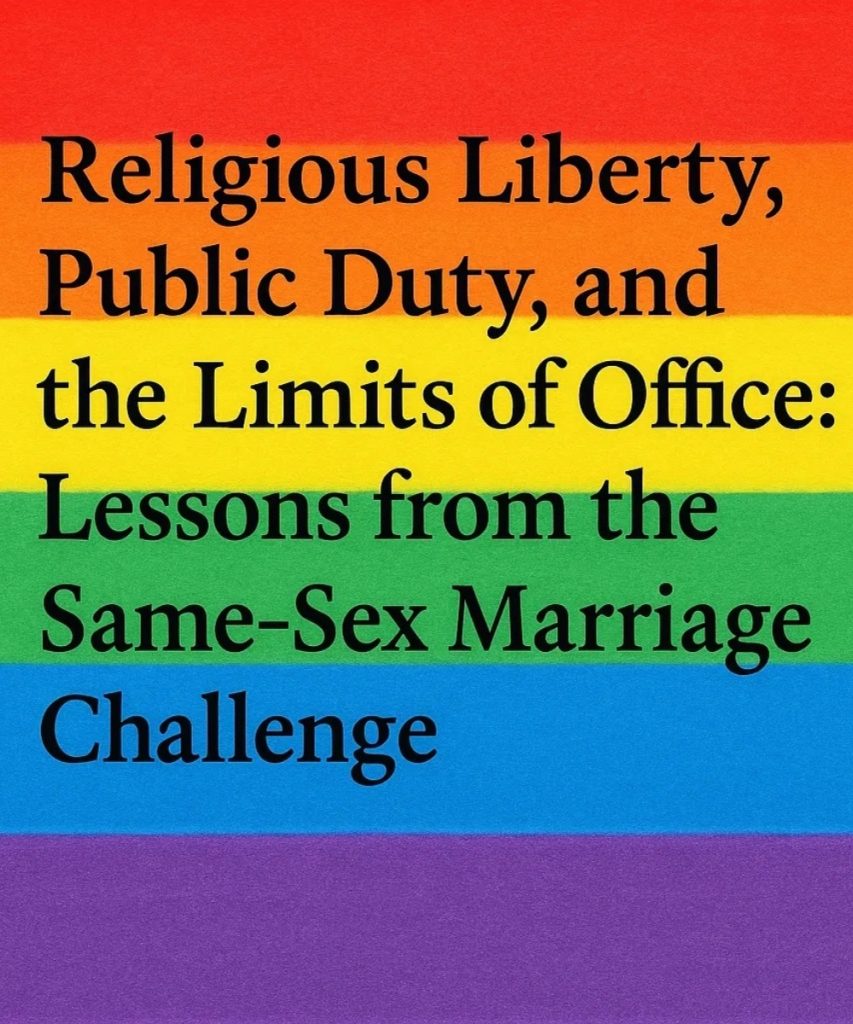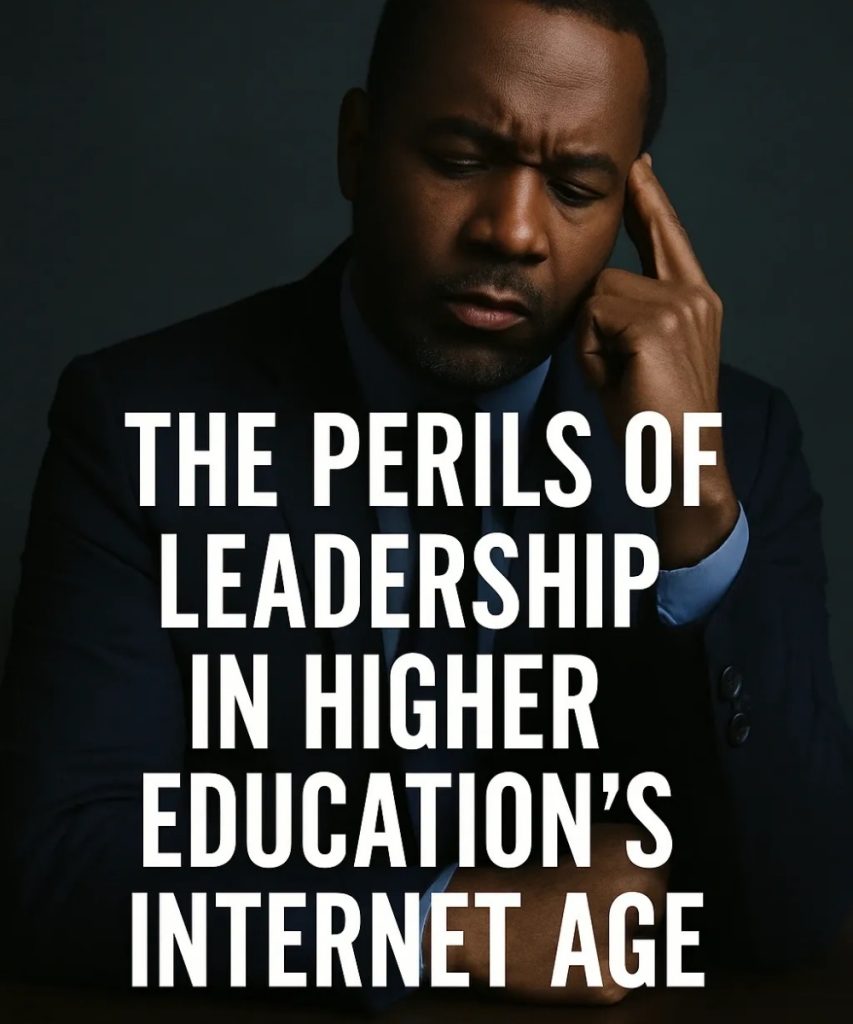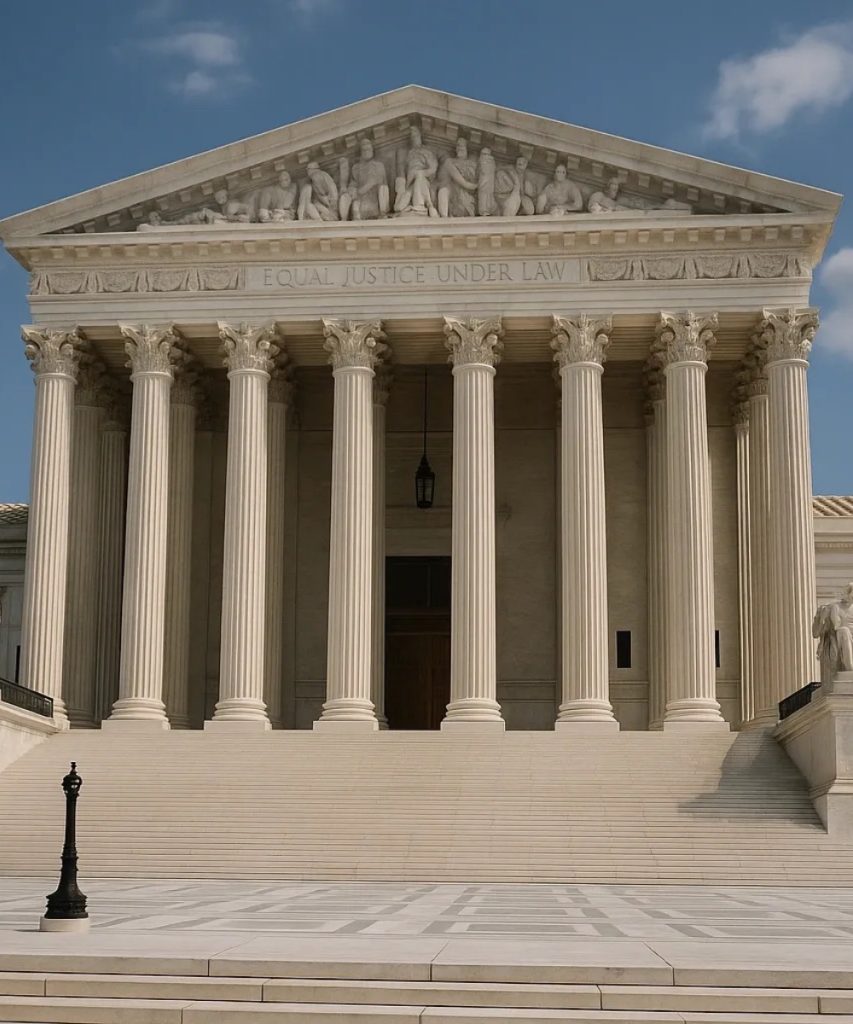The recent petition seeking to revive challenges to same sex marriage rights has once again placed the constitutional clash between religious freedom and public duty at the forefront of legal discourse. At its center is a familiar figure, Kim Davis, the Kentucky county clerk who, after the Supreme Court’s landmark decision in Obergefell v. Hodges (2015), refused to issue marriage licenses to same sex couples, citing her personal religious beliefs. Davis’s refusal ignited a series of lawsuits and raised a fundamental question: Can a public official subordinate her legal and contractual obligations to her personal religious convictions?
The Legal Landscape
The Constitution provides both robust protections for religious liberty and firm guarantees of equal protection under the law. The First Amendment safeguards the free exercise of religion, yet the same amendment also prohibits the state from establishing religion. When a public official invokes faith to resist fulfilling statutory or constitutional duties, the tension between these two clauses becomes undeniable.
In Obergefell, the Court held that same sex couples possess the fundamental right to marry under the Fourteenth Amendment. That holding was not advisory; it imposed affirmative obligations on state actors to treat all couples equally in matters of marriage licensing. County clerks, as state officials, are therefore bound to enforce and administer marriage laws consistent with the constitutional directive.
Contractual Obligations and the Role of the State
The employment relationship between Davis and the Commonwealth of Kentucky also bears scrutiny. As a county clerk, Davis effectively held a contractual obligation with her employer, the state, to execute the duties of her office. A central principle of contract law is that one cannot unilaterally modify the terms of an agreement because of personal preferences or beliefs. By refusing to issue marriage licenses, Davis breached the essential condition of her role: to provide services equally to all citizens as required by law.
In private employment, an individual’s religious beliefs may be accommodated under statutes like Title VII, provided such accommodations do not impose undue hardship on the employer. In public office, however, the calculus shifts. The employer is not a private corporation but the state itself, bound by constitutional mandates. Here, accommodation of religious beliefs cannot come at the expense of citizens’ constitutional rights.
Lower Court Rulings
The lower federal courts consistently rejected Davis’s arguments. The Sixth Circuit Court of Appeals held that her refusal violated the constitutional rights of same sex couples who sought marriage licenses. The district court had earlier ruled that Davis’s obligations as a public official outweighed her personal religious objections. Courts emphasized that Davis was free to maintain and practice her faith in her private life, but her role as clerk required neutrality and compliance with federal law.
This reasoning reflects a broader judicial principle: public office is not a platform for personal religious expression but a trust held for the people. Officials must execute their duties consistent with the law, even when doing so conflicts with their personal convictions.
The Constitutional Conflict
The legal debate encapsulates a larger constitutional conflict. On one side is the argument for robust protection of religious conscience, especially in an era where the state regulates deeply personal institutions like marriage. On the other side lies the imperative of government neutrality and the equal protection rights of citizens.
Allowing public officials to selectively enforce laws based on faith would fracture the very fabric of constitutional governance. If a clerk may deny a marriage license based on religion, could another deny driver’s licenses to women who refuse to wear head coverings? Could a tax official refuse to process filings for religious groups he deems heretical? The slippery slope of personal religious vetoes within government is incompatible with the rule of law.
Conclusion
The Davis case underscores a vital truth: religious freedom is a cherished constitutional right, but it does not extend to the dereliction of public duty. The First Amendment protects personal belief, not the imposition of that belief through governmental authority. When an individual accepts public office, she accepts the legal and contractual responsibilities that come with it.
As courts have made clear, personal conviction cannot justify denying citizens their constitutional rights. In this light, efforts to challenge same sex marriage through the lens of religious freedom are unlikely to succeed. The state’s responsibility to uphold constitutional rights remains paramount, and public officials, whatever their personal beliefs, must fulfill their obligations under the law.



